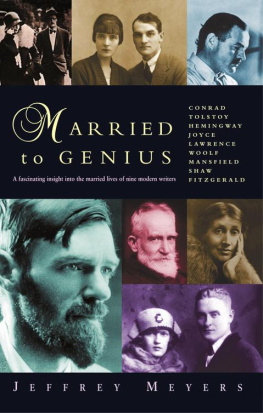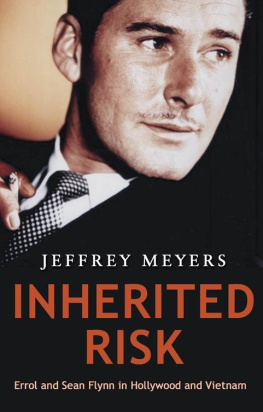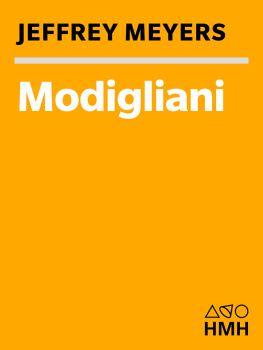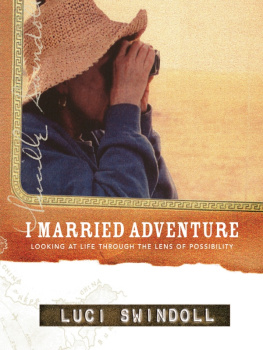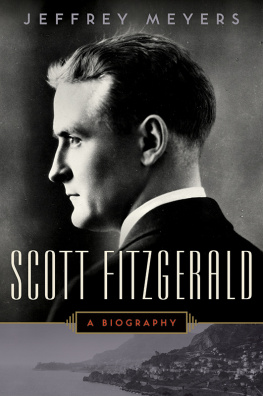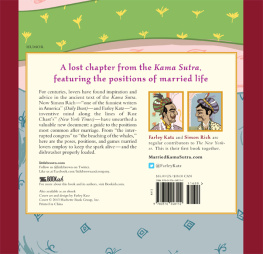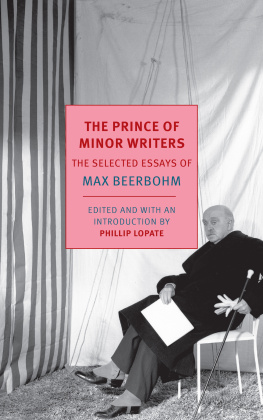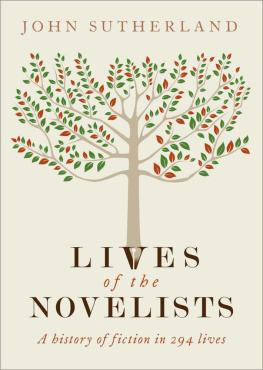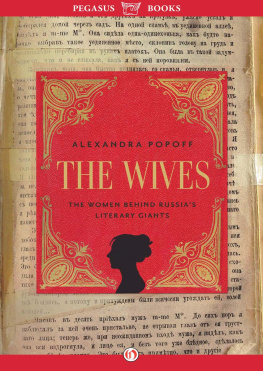I
Married to Genius is a biographical work that considers the relation between emotional and artistic commitment in the marriages of nine modern writers: Tolstoy, Shaw, Conrad, Joyce, Virginia Woolf, Katherine Mansfield, D. H. Lawrence, Hemingway and Fitzgerald. These authors made a serious commitment to the claims of ordinary life and believed that marriage provided their most profound personal relationship. They found in marriage a confirmation and extension of the self, a stronghold of affection that encouraged and tested their capacity for love, a union that left them free for individual development, an antidote to the modern fear of alienation, and a strengthening bond that was deeply valuable to an artist engaged in psychic survival and in creating order out of chaos. Women like Jessie Conrad and Nora Joyce, who had modest egos and docile natures, comforted their high-strung husbands and provided the stable family life that enabled them to write their books. But other wives, creative and egoistic themselves, provoked and challenged their husbands to conflict and creativity.
The lives of these authors reveal the pressures and strains of modern marriage, and their creative impulse was directly inspired by their emotional and intellectual conflicts. Tolstoys Anna Karenina, Shaws Getting Married, Conrads The Secret Agent, Joyces Ulysses, Woolfs Night and Day, Mansfields Je ne parle pas franais, Lawrences Women in Love, Hemingways A Farewell to Arms and Fitzgeralds Tender is the Night are all autobiographical. A discussion of these works in the context of both the authors marriage and the spouses portrait of the artist in memoirs, diaries, letters, essays and fiction, reveals new insights about the imaginative process, and about the way these major writers attempt to integrate life and art and to resolve the crucial conflict between domestic and creative fulfilment.
Lawrence, who was both complemented and completed by his union with Frieda, defined the long course of marriage as a long event of perpetual change, in which a man and a woman mutually build up their souls and make themselves whole. In his major novels Lawrence tried to unite the desire for individual freedom what he called star-like isolation, self-determination and integrity with the need for the security of permanent marriage. Though he did not always see the struggle as two-sided, as an equal surrender of the self for both man and woman, his concepts of sexual freedom, bisexuality and homosexuality were far ahead of his time and have had a powerful influence on our own era. Novelists like Lawrence and Fitzgerald, who inherited a nineteenth-century idea of the wifes role but helped to formulate the twentieth-century concept of woman, both exemplified and portrayed the archetypes of modern marriage that had a profound effect on contemporary consciousness and conduct. Lawrence represents the struggle for sexual domination and the problems of a rootless and isolated marriage, and Fitzgerald the fatality of success and the anguish of alcoholism and madness.
In both of these marriages the wives struggled to make their husbands aware of their needs and desires. For Frieda Lawrence and Zelda Fitzgerald, who were gifted and beautiful women with powerful egos, rejected their traditional role. Though Frieda left a bourgeois husband and family for a penniless, wandering writer, and Zelda married a glamorous and apparently unconventional novelist, they both discovered they were expected to take a subservient place in the artistic lives of their husbands. The emotional tension that developed from this conflict led to personal unhappiness, but also stimulated the husbands creative powers. For Lawrence and Fitzgerald felt that passion, with all its dangers, was the source of creative endeavour. The imaginative faculty of these artists gave them extraordinary insight but made them extremely difficult to live with, for the intense egoism that was so necessary to creativity was frequently fatal to marriage. As Lawrence asserted: You have to have something vicious in you to be a creative writer. It is the something vicious, old-adamish, incompatible to the ordinary world, inside a man, which gives an edge to his awareness.
II
In contrast to the authors considered in Married to Genius, there were many modern writers who believed that marriage and art were mutually exclusive. As Yeats observes in The Choice:
The intellect of man is forced to choose,
Perfection of the life or of the work.
In The Lesson of the Master (1888), the sociable but inveterate bachelor Henry James expresses the conflict between family life and the higher pursuit of art. The great writer Henry St George (speaking for the author whose name he shares) explains to the young aspirant Paul Overt that marriage interferes with the sacrificial quest for artistic perfection and that a man endangers his work if he devotes himself to personal rather than to intellectual passion:
Ones children interfere with perfection. Ones wife interferes. Marriage interferes.
You think then the artist shouldnt marry?
He does so at his peril he does so at his cost.
Not even when his wifes in sympathy with his work?
She never is she cant be! Women havent a conception of such things.
You cant do it without sacrifices. Ive made none. Ive had everything. In other words Ive missed everything.
Are there no women who really understand who can take part in a sacrifice?
How can they take part? They themselves are the sacrifice.
The lonely philosopher Friedrich Nietzsche, who had asked in Zarathustra: who can wholly comprehend how strange man and woman are to each other? agreed that the artist must sacrifice his family life but accepted this deprivation with far less equanimity than James. As Nietzsche wrote to his friend Overbeck in 1886: I feel that all the things which I need as a philosophus radicalis freedom from profession, wife, child, fatherland, creed, etc. etc. are just so many deprivations, insofar as I fortunately am a living being and not merely an analysing machine. And Thomas Mann, who was strongly influenced by Nietzsche, also believed that art evolved from suffering and isolation, and that happiness was forbidden to the artist. Mann once planned a story about a writer whose marital happiness extinguished his imaginative life until the wifes infidelity spurred him to creation. The reconciliation of marriage and art, which Mann had portrayed in Royal Highness (1909), became absolutely impossible in his greatest work, Doctor Faustus (1947), when the hero, Adrian Leverkhn, makes a diabolic pact and renounces earthly love for seven years of creative genius.
Franz Kafka, a wretched and recalcitrant lover who was twice engaged but could never commit himself to matrimony, fortified himself in 1913 by summarising, in a characteristically extreme form, all the arguments against marriage. Though Kafka could not endure life alone, he could only create in solitude. He hated everything that did not relate to art, and thought he would never be able to give up his tedious job if he married. He was torn between self-love and self-surrender, and feared the connection with and absorption by a woman. And he felt that even if his wife transformed him into a fearless and powerful man, it might undermine the foundation of his work, which was based on anguish and on torment. The very qualities that made Kafka a great artist his pathological sensitivity, his morbid introspection, his self-hatred and self-torture, his fanatical commitment to the disease of literature all precluded marriage. As Kafka explained to his loyal fiance, Felice Bauer, who absolutely refused to take him seriously or to believe that anyone could

